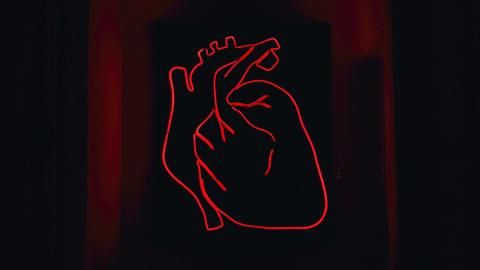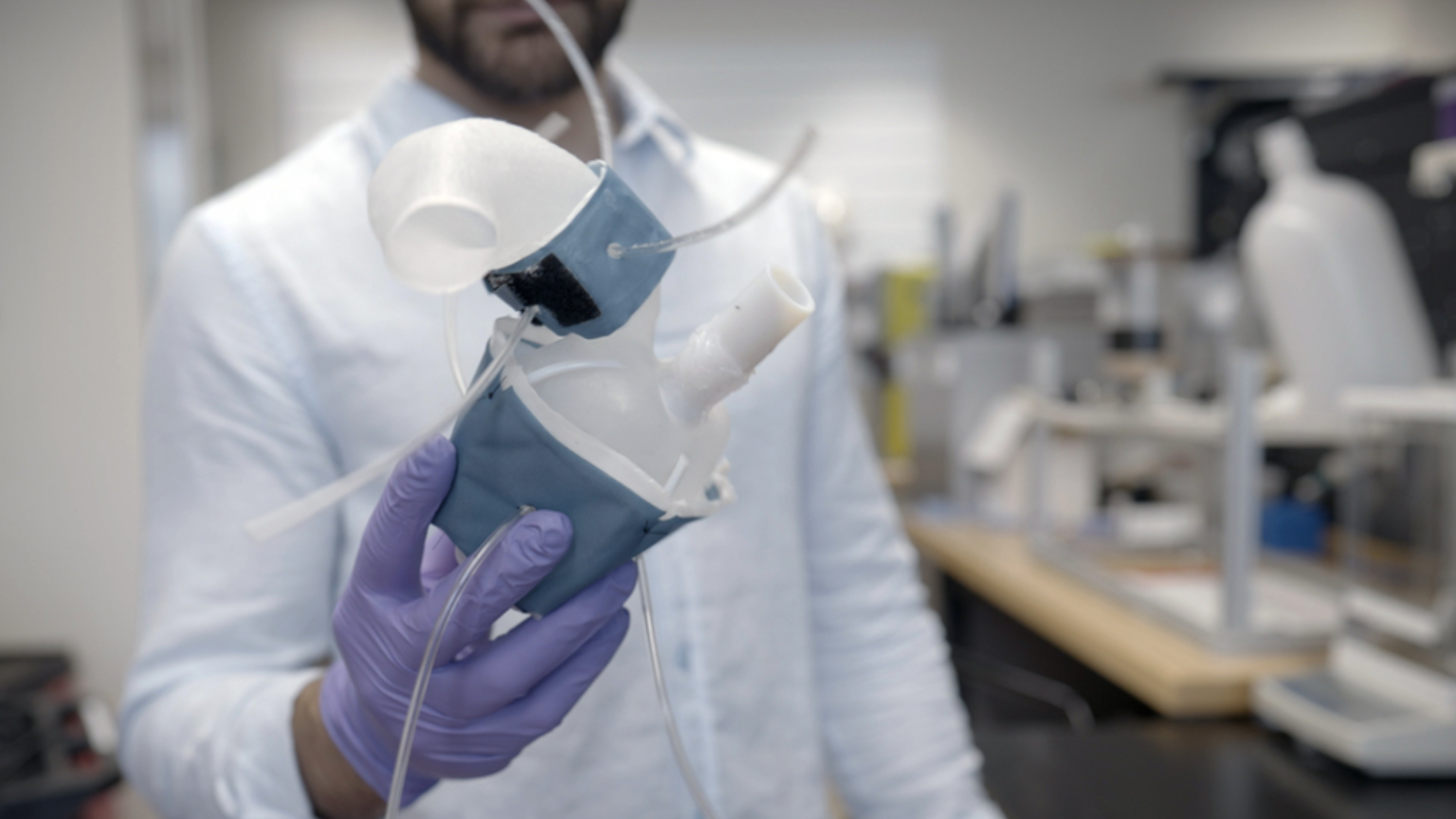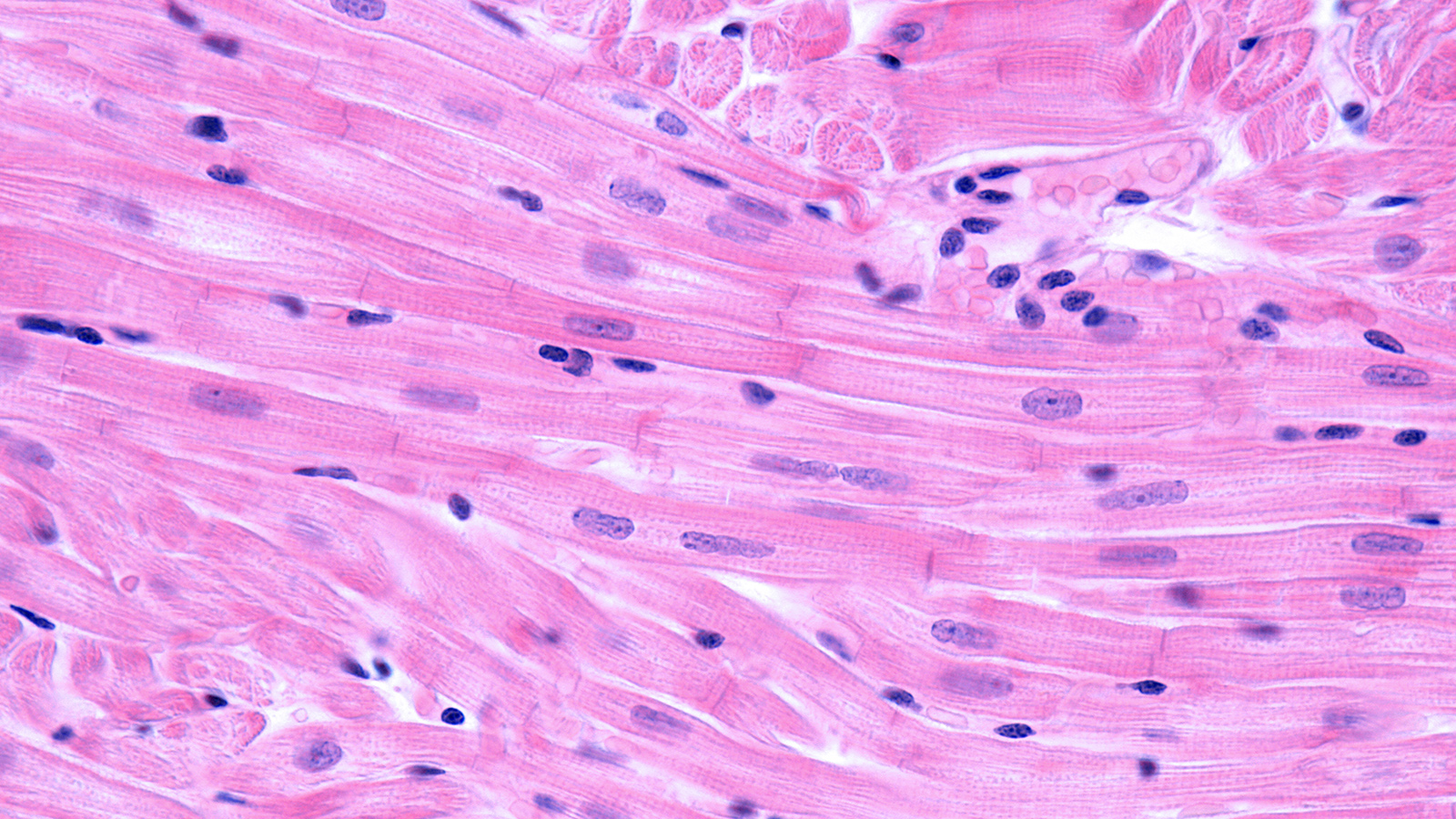Listen to your heart? What this remarkable organ actually does

The heart is more than just a pump that pushes blood through our veins. It’s also an organ that affects our thinking, feelings, perception and identity.
The human heart is usually the size of one’s fist, sometimes a little larger.
It’s made of two parts – the left and the right – that are not directly connected to one another. This is why sometimes they are called the left heart and the right heart.
The right heart pumps blood to the lungs. Then, oxygen-rich blood travels to the left heart.
The left heart pumps blood to the entire body, which is why it’s a little larger than the right one.
Then blood comes back to the right heart, which pumps it into the lungs again.
The heart has its own automatism, meaning that it can work without being managed by the brain. It controls its contractions itself.
Cardiac contractions are induced by the electrical conduction system of the heart. This system is independent of the nervous system, which can only slow the contractions down or speed them up.
The cells of the electrical conduction system are capable of generating cyclical electric impulses. Those electrical impulses originate in the wall of the right atrium, in the sinus node of the heart, and from there, they travel to other cells in the system.
The electrical activity of the heart is measured during an ECG.
In a very simplified way, the heart’s work can be divided into two phases: systole, when it contracts to pump the blood, and diastole, when the heart relaxes and fills with blood.
The sounds of the typical healthy heart resemble the syllables ‘lub’ and ‘dub’. The first opens the contraction sequence and the latter closes it.
During contraction, pain is felt less acutely, and our reflexes and perception are numbed. According to the results of experiments carried out by Sarah Garfinkel from Brighton and Sussex Medical School, tiny stimuli (such as pinpricks) could go unnoticed.
Awareness of one’s own heartbeat has some positive effects. People who can feel their own heartbeat are more intuitive and better at estimating risks accurately. Research by the British scientists Narayanan Kandasamy, Sarah Garfinkel and Lionel Page suggests that such people make better stockbrokers.
Meanwhile, people who cannot clearly feel their heartbeat are less apt at reading the emotions of others, following research by Oxford neurobiologist Geoff Bird.
The rhythm of the heart’s systole and diastole cycle leaves its mark on our cerebral activity, the so-called heartbeat-evoked potential (HEP) – the brain’s electrical activity that is synchronized with our heartbeat.
The stronger the HEP, the clearer we can register our heartbeat.
Various experiments have shown that people with strong HEP are better at noticing visual details. According to the results of Catherine Tallon-Baudry’s experiments at the French Centre National de la Recherche Scientifique, these people are also more consistent and confident in their decision making.
Some scientists – including Olaf Blanke and Hyeongdong Park from the École Polytechnique Fédérale de Lausanne – claim that the HEP phenomenon is key to our identity building. They even say that the rhythm of our heartbeat gives us a sense of the continuity of the self.
It’s also worth mentioning that HEP can be improved with the right training.
The human heart beats an average of 70 times per minute. Each time, it expels about 72 millilitres of blood. This makes for about 100,000 heartbeats and over 7200 litres of blood pushed through the heart each day.
During the average 78 years of the human lifespan, the heart beats 2.8 billion times, pumping 200 million litres of blood, an amount equal to 60 Olympic-sized swimming pools.
During physical exertion, the heartbeat rate is raised, but regular exercise lowers our blood pressure because the heart – like any other muscle – can be strengthened and made more efficient.
Sometimes it is claimed that every person has a finite number of heartbeats to use up in their lifetime. This is not true – the equation is not so simple. But it is true that those with a slower heartbeat tend to live longer.
As for animals, the ones with a slower pulse (such as whales – 20 heartbeats per minute) tend to live longer than those with fast-beating hearts (such as hamsters – 450 beats per minute).
Translated from the Polish by Aga Zano
Reprinted with permission of Przekrój. Read the original article.





